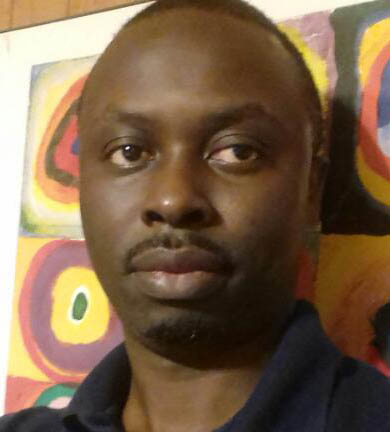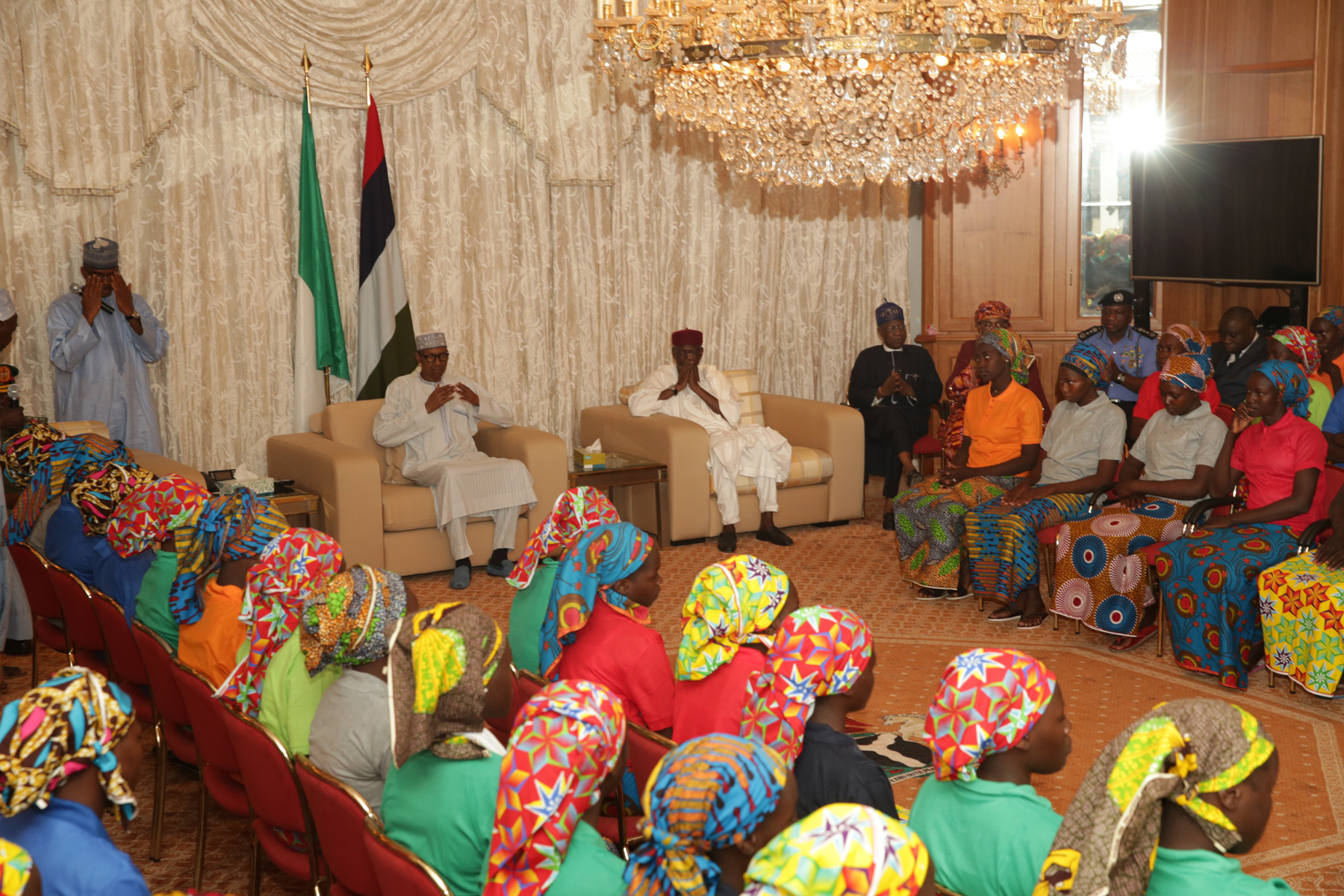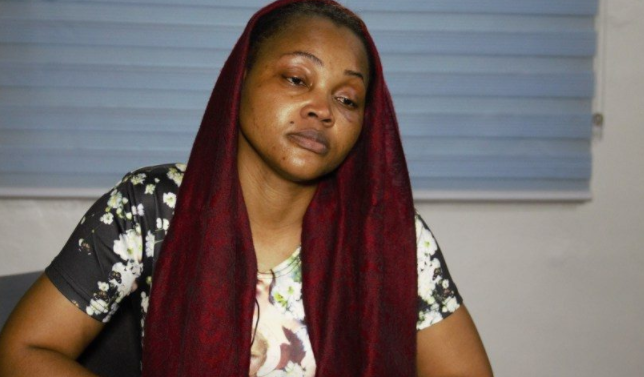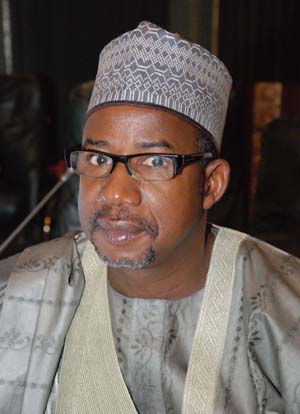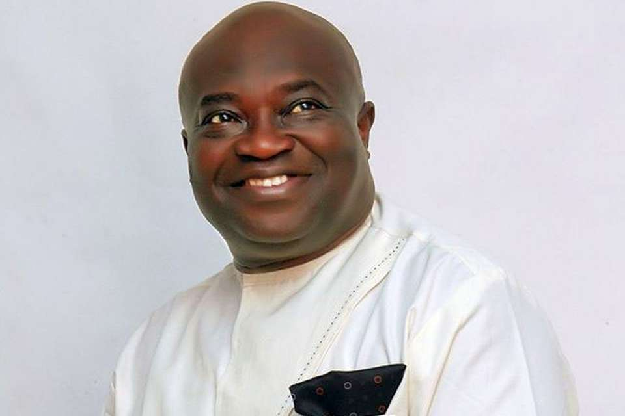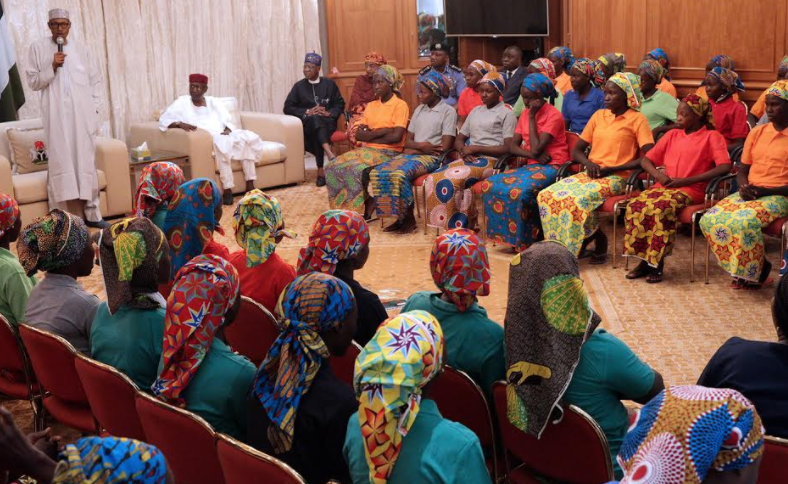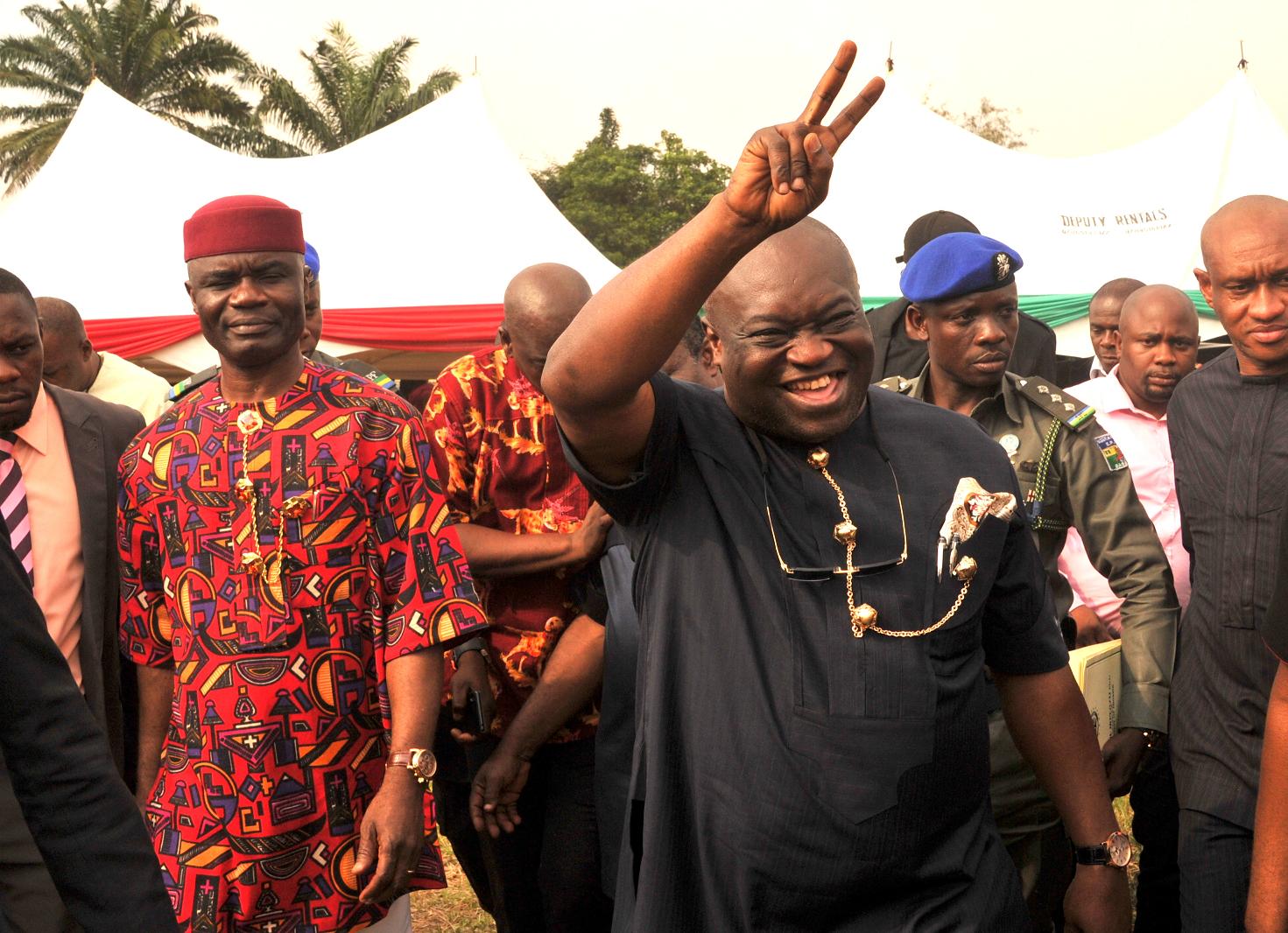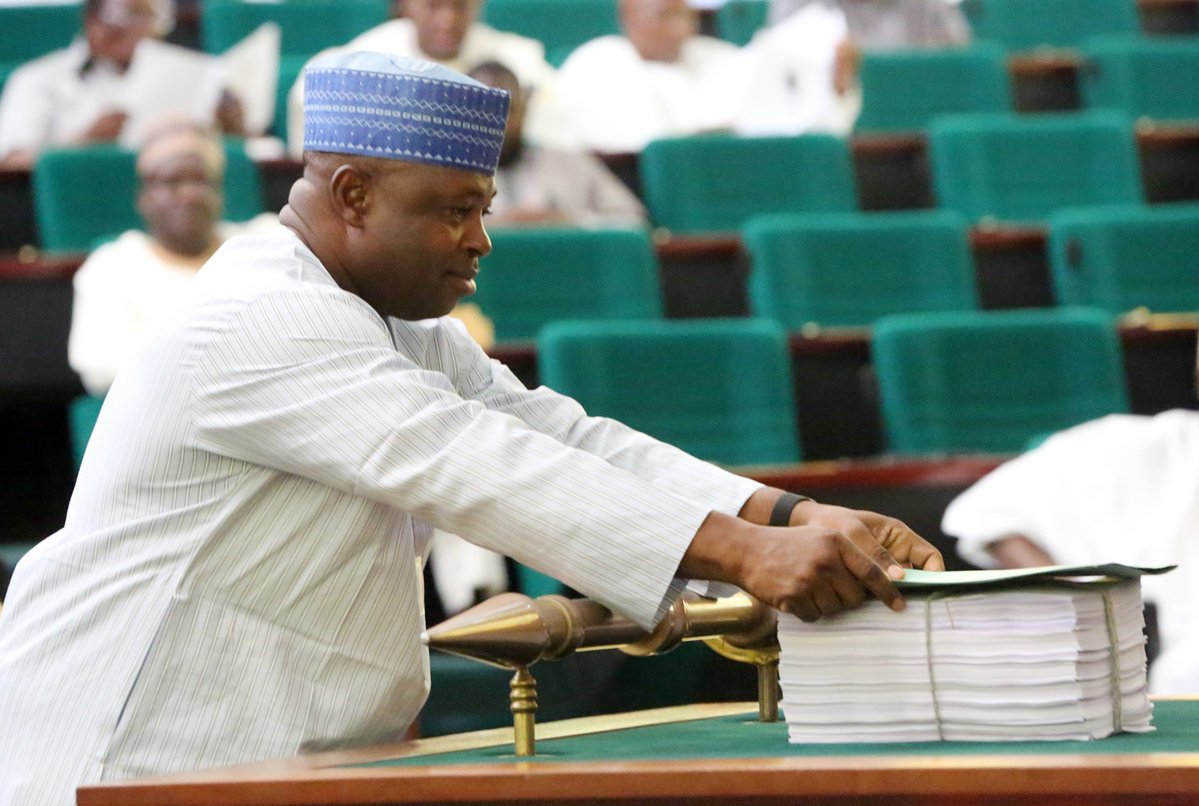It is a new world of spin in our country. A time of upheaval, and confusion. A time, when medical and spin doctors battle to stay by President Muhammadu Buhari’s bedside. A time, when 82 of the schoolgirls kidnapped by Boko Haram militants were marching in for recovery and re-integration. A time President Buhari marched out for healthcare in London, the United Kingdom. A time the leader of Boko Haram Islamist group, Abubakar Shekau, surfaced in a video to tell us he neither sleeps nor slumbers.
It is a disheartening time to have the Chibok girls—the 276 female students kidnapped at the Government Secondary School in the town of Chibok in Borno State in April of 2014— see their lives devalued like pawn in a game of chess and reduced to political marketing product by politicians.
Honestly, it is grossly inhuman to continue to reduce the value of these young women, who were overpowered by evil men and forcibly taken away from their loving families and friends due to past government inaction.
By concentrating on the political gains of the release of some of the girls by their abductors, a theme for which the Nigerian government is now known, the government has twisted the idea of dignity —one which asks us to respect and value people.
Advertisement
After the girls have been bruised by their abductors, they are now being abused, because the government appears to be interested in making a political marketing out of them rather than focusing on the trauma and tragedy that befell them.
The content of press statements from the government and those closely associated with President Buhari, and the slant from one media outlets to the other that followed the release of the girls question our collective compassion for the young women, whose families have suffered agony too hard to recount, and tragedy that terrified them in the last three years.
Of course, the announcement of their release was a package to boost the low presidential energy in the country, especially since those behind the parade of the girls knew President Buhari had to leave for medicare in London on Sunday.
Advertisement
Like Reuben Abati joked in his latest work, the 82 Chibok girls and other stories, “the whole drama appears to be professionally stage-managed. The girls even looked as if some of them were wearing costumes, I mean aso ebi. Some people are saying that by 2019, just before the elections, the last batch of the Chibok girls will emerge from wherever they are.”
Politicians who want Buhari to feel their vibes immediately started getting out to media outlets to sing his praise with a small portion of their words urging him to action about care for the girls.
For instance, in a news story headlined, “Dogara hails Buhari,” the Speaker of the House of Representatives, Hon. Yakubu Dogara, said: “President Buhari has further proven that he is a man of his words, as he could have used the initial inaction by the previous administration as an excuse to not take action, but he didn’t.”
Dogara deified Buhari but demeaned the dignity of the abducted girls by concentrating on political marketing instead of focusing the hearts and minds of Nigerians on the horrendous experience of the girls and how everyone needs to rise up to the challenge of their rehabilitation.
Advertisement
In another poor example, the governor of Borno state, Kashim Shettima, who understandably should speak from the point of strength as a sitting governor in a state affected by Boko Haram militancy, decided to use his state broadcast to sing the praise of president Buhari with some contradictions.
In a 10-paragraph written address, Shettima used seven big paragraphs to do political marketing for Buhari and almost near the end of his speech said, “we should put their rehabilitation first before our understandable search for news insights.” Does Shettima really want us to believe him?
But a statement by one of the founders of the ruling party, the All Progressives Congress, a man well-known for his civil rights action, Asiwaju Bola Tinubu, is one worthy example of political communication at a time like this.
“We must keep this good news in proper context. The released children need to be nurtured and cared for in a special way in order to overcome the sad experience that they had to suffer. Our government must help their families do this.
Advertisement
“Moreoever, we must not forget the girls still being held by Boko Haram and we must not forget the grief of their families. We owe it to them to press forward until all the girls have regained freedom and family and Boko Haram is so defeated that it may never again be able to do what it did in Chibok,” Tinubu said.
Other than recognition of effort made by Buhari in negotiating the release of the girls, the APC national leader did not do political marketing with the Chibok girls.
Advertisement
Sadly, for its own profit, the Peoples Democratic Party (PDP) led by Ahmed Markarfi tried to resuscitate the dead opposition energy by making the release of the girl another fight with the Buhari government using such strange words as “heavy price” to swap prisoners for the Chibok girls.
Markarfi’s arch-rival, who leads the other faction of the fractured PDP, senator Ali Modu Sheriff, equally cashed in on the politics throwing caution into the wind and asking Buhari to “deepen the swap arrangement”, because it is PDP’s original idea for the release of the captured girls.
Advertisement
Clearly, our own experience aptly fits what the director of the International Center for Media and the Public Agenda (ICMPA), at the University of Maryland, College Park, United States, Susan Moeller, called “Packaging Terrorism: Co-opting the News for Politics and Profit,” a 2009 book she wrote following her investigation into the manner and ways the media frame terrorism.
Yes, the fear, politics, profits, outrage, and the confusion make the war against terrorism a game for the politicians who frame the news for the media with little concern for those whose lives have been radically altered by it.
Advertisement
In all, if there’s any message that president Buhari needs to hear, it is the one from Amnesty International that the government should concentrate on the losses of the girls, their trauma, psychological and medical needs.
We all know that Boko Haram executed and tortured thousands of civilians, indoctrinated and forced people to fight for the terrorist group, as well as raped girls and forced them into marriage.
So why should this government make a subtle political campaign out of the release of the 82 girls when actually the “government should respect their privacy and ensure that the released girls are reunited with their families and not kept in lengthy detention and security screening which can only add to their suffering and plight,” as counselled by Osai Ojigho, Nigeria’s director of Amnesty International.
Add a comment
